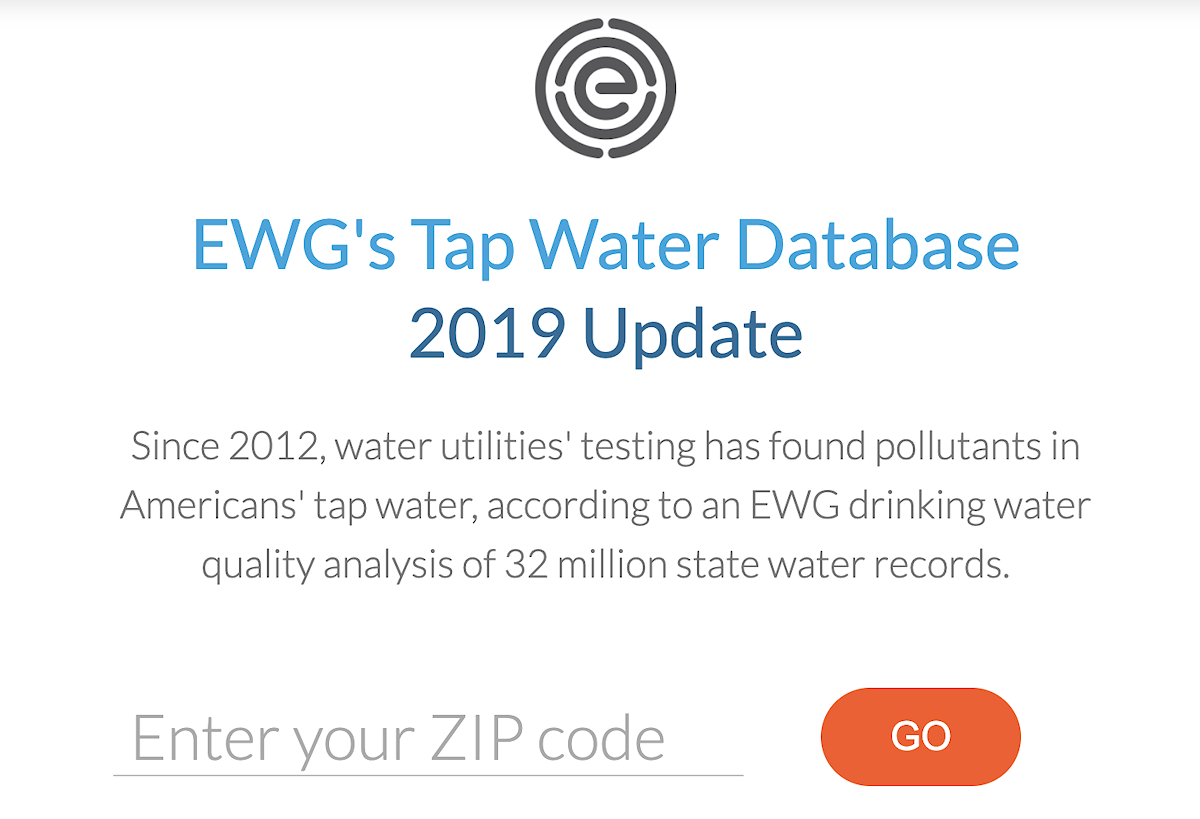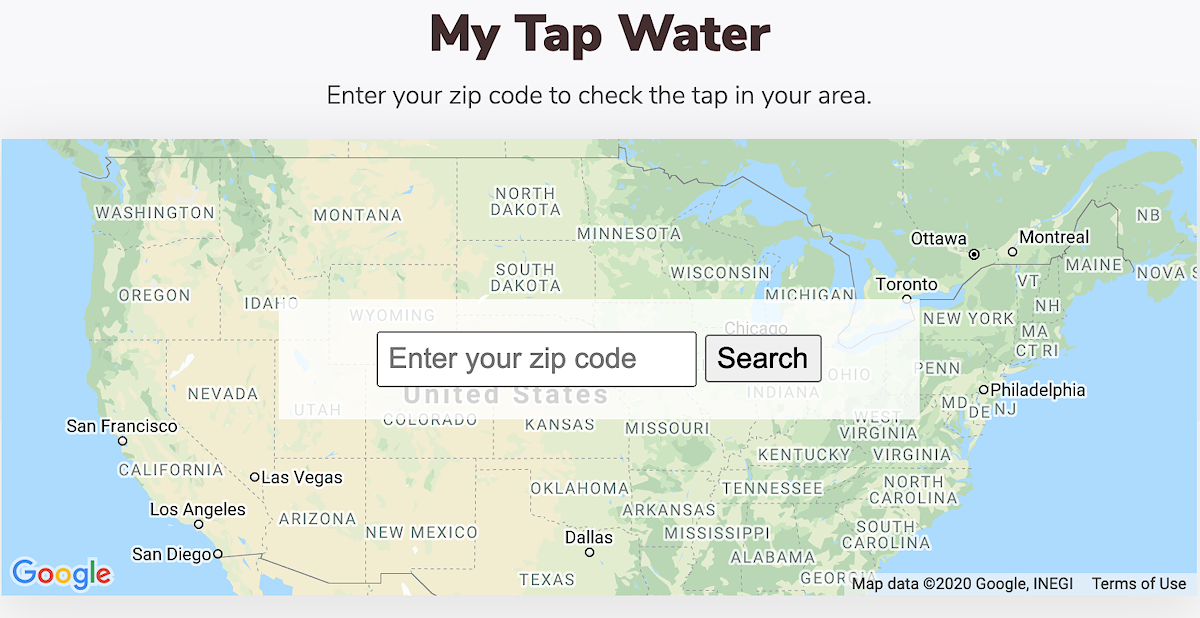Community Water Systems

- Citizen's Guide
- Chapter 3: Your Water
- 3.2 Drinking Water
- Community Water Systems
- Table of Contents
- Chapter 1: Government Agencies & Environmental Regulations
- Chapter 2: Public Participation in Government
- Chapter 3: Your Water
- Chapter 4: Your Air
- Chapter 5: Your Land
- Chapter 6: Emergency Preparedness
- Guide Wrap-Up
- Additional Resources & Contact Information
- Credits, Dedication & Thanks
If you live in a populated area, it is likely you receive your water from a public water system. The Safe Drinking Water Act requires that each water system prepare a Consumer Confidence Report on a yearly basis. This report provides important information on the quality of water, chemicals known to be present in your water supply and any violations.This information allows you to identify any contaminants that may be present in your water and whether or not those contaminants/chemicals exceed primary or secondary drinking water standards(see standards here). It is important to note that Primary drinking water standards are enforceable. Secondary standards are not.
This report may be provided to you in the form of a paper copy or as a link to an electronic copy.
How Do I Find My Water System Consumer Confidence Report?
There are several government websites that allow you to look up information on your water system.
The Department of Health and Hospitals(DHH) website is the primary source, other than the water systems directly, for finding Consumer Confidence Reports. Their website allows you to click on a parish, select the water system name and then direct download the report.
DHH's Drinking Water Watch Database allows you to search water system report data using a variety of parameters including: Water System Name, Parish Served, System Type, Source Water Type, Sample Class and Date range of samples.
EPA's Drinking Water database is the federal website that allows you to access water system data by clicking on your state from a country map and then selecting the water system name, listed alphabetically.
There are also several non-government websites that provide easy to use and highly informative ways to explore your water system information. Two great options are:
The Environmental Working Group's Tap Water website is easy to navigate and provides important information including water system violations, comparison to standards, potential health effects as well as filter options. Start by simply typing in your zip code and selecting your water system.

Mytapwater.org is another great way to access water quality data that also starts with your zip code. Select your water system name and it will provide a summary of info. including testing results, violations. etc.

Other Important Documents About You Water System
Violation Letters
Drinking water systems are required to send a notice letter to every consumer served by that system when the drinking water violates certain standards. These letters are important to notify you of any potentially hazardous contaminants in your water so that you can take any necessary precautions to ensure your drinking water is safe to drink.
Examples of violations may include:
- inadequate residual chlorine
- excessive trihalomethanes and haloacetic acid*
- E. Coli bacteria detected in water
*Trihalomethanes and haloacetic acids are formed when the drinking water has residual organic chemicals that react with the disinfectant chlorine. Many surface water systems have changed from the disinfectant chlorine to chloramines.
Boil Water Advisories
Boil water advisories are issued when a water system has become compromised usually due to the detection of E. coli bacteria, a coliform bacteria, in the drinking water, low pressure in a water system, or a break / repair in a water line. This can occur for example when a water system looses power during a hurricane or natural disaster. Boil Water Advisories are usually announced through major news outlets.
Who Inspects my community Water System?
The Louisiana Department of Health performs inspections of drinking water treatment systems. If problems are found, they can issue Compliance Orders with changes, remediation processes and repairs to be implemented and time frames for execution of the required repairs. The time frames are usually 30, 60 or 90 days.
However, smaller water systems can often struggle to keep up with needed maintenance and upgrades. There are resources available to help water systems with these expenses.
Where can we get funding to improve our community's water system?
The Louisiana Department of Environmental Quality administers the Clean Water State Revolving Fund (CWSRF) Program. This program provides financial assistance in the form of low interest loans to finance eligible projects, bringing them into compliance with the requirements of the Clean Water Act. Funding for this program is provided by federal grants and match funds generated by the program's interest and loan repayments. Interest and loan repayments provide a permanent source for funding in future Louisiana projects.